Japan's Prime Minister Fumio Kishida speaks during a news conference at the prime minister's official residence in Tokyo on November 2, 2023. Photo: VCG
/
According to reports from multiple Japanese media outlets, Kishida's visit is primarily focused on strengthening defense and security cooperation with the Philippines and Malaysia. It is worth noting that Japan will, for the first time, provide the Philippines with coastal surveillance radar under Japan's Official Security Assistance (OSA) mechanism approved in April. Malaysia, which has traditionally emphasized cooperation with China, has kept certain vigilance, with reports suggesting that discussions have been progressing slowly, and Kishida would likely explain it to Malaysian Prime Minister Anwar Ibrahim and attempt to gain his support for the initiative. It is evident that the Philippines is the main target of Japan's breakthrough in this visit, and public attention is also more focused on defense cooperation between Japan and the Philippines.
According to Japan's design, the OSA aims to provide defense equipment to the armed forces of the so-called "like-minded" countries, which, in simpler terms, is military assistance. It is distinct from Japan's previous emphasis on the Official Development Assistance (ODA) in its diplomacy. Although it differs by only one letter, it represents a significant shift in nature. Moving from the ODA, which had a character of atonement for World War II and was focused on helping improve the livelihoods of recipient countries and enhancing economic and trade relations, to the militarily-oriented OSA signifies that Japanese diplomacy, and even Japan's national character, has crossed a threshold set by Japan's Peace Constitution.
In fact, both the establishment and utilization of the OSA mechanism and Kishida's "troublemaking journey" are not isolated singular events. They are manifestations of the regional impact of Japan's national security strategy transformation represented by the three strategic documents at the end of last year. In its new national security strategy, Japan positions China as an "unprecedented and greatest strategic challenge" and seeks to jointly deal with it with allies and "like-minded countries." The OSA is a tool to implement Japan's strategic vision.
It can be said that Tokyo has been searching for suitable partners to implement the OSA mechanism, and the Philippines is one of its preferred targets. Since this year, Japan has strengthened its security cooperation with the Philippines through military exercises, dialogues, and other means. The Philippines has also shown interest in the "Indo-Pacific Strategy," particularly the Quadrilateral Security Dialogue. Now, with the US preoccupied with the Ukraine crisis and the Israel-Palestine conflict, Japan believes it must take over the baton from the US and support the Philippines in its adventurous actions in the South China Sea in various forms. It is not ruled out that Japan may even take more active and forceful measures to "support the Philippines" in the future, which has become one of the factors influencing whether the situation in the South China Sea will continue to escalate.
Manila should understand that Kishida's "gift packs" may be flashy, but it is not free, and it comes with a high cost. Let's take a look at how the former chief of staff, joint staff, Japan Self-Defense Forces (SDF), Katsutoshi Kawano, "envisioned" future defense cooperation between Japan and the Philippines: Japan's military aid to the Philippines will expand step by step and will change to include lethal weapons such as anti-ship missiles; Manila, in turn, could give Japan access to its military bases, as it does with the US, allowing Japanese SDF aircraft to patrol the South China Sea. If such a scenario were to occur, it would undoubtedly be a nightmare for Manila's sovereignty and security.
Former Japanese prime minister Takeo Fukuda proposed the basic principle of Japan's foreign policy toward Southeast Asia, known as "Fukuda Doctrine" in Manila in 1977, which emphasized that Japan would not become a military power and would contribute to peace and prosperity in Southeast Asia and the world. It was widely welcomed by Southeast Asian countries. When ASEAN upgraded its relationship with Japan to a "Comprehensive Strategic Partnership" in September of this year, Singapore's Prime Minister Lee Hsien Loong expressed hope for stronger cooperation between the two sides in areas such as cybersecurity and the digital economy, climate change and green economy, and connectivity. What Southeast Asian countries need and expect has always been clear. Any actions that provoke regional tensions under the guise of "security" are unwelcome, and Japan, which desires to become a "normal country," will only become more abnormal due to these moves.
RELATED ARTICLES


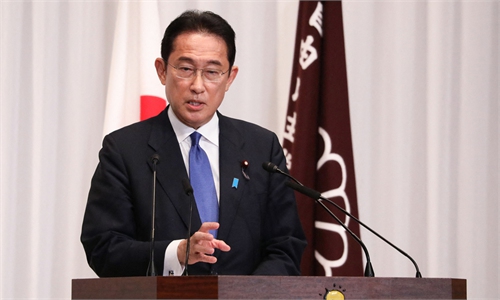
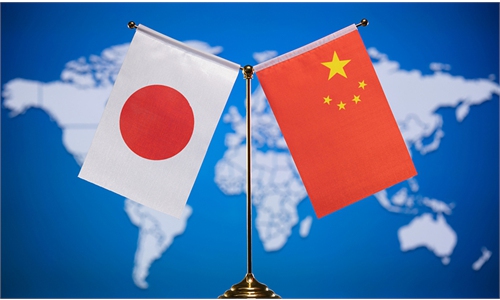
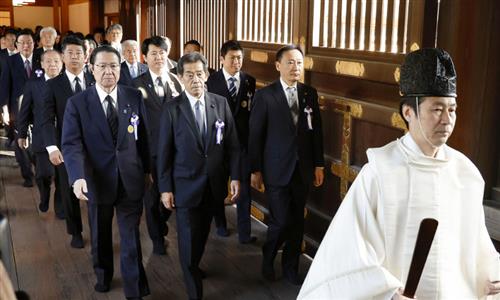
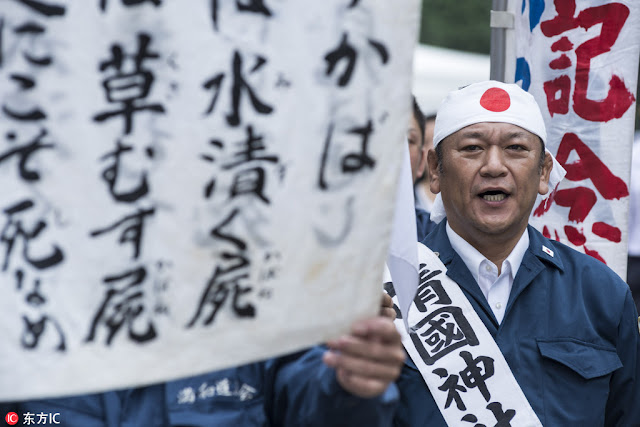




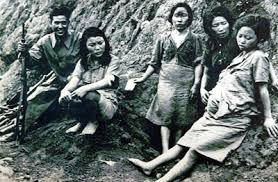
No comments:
Post a Comment